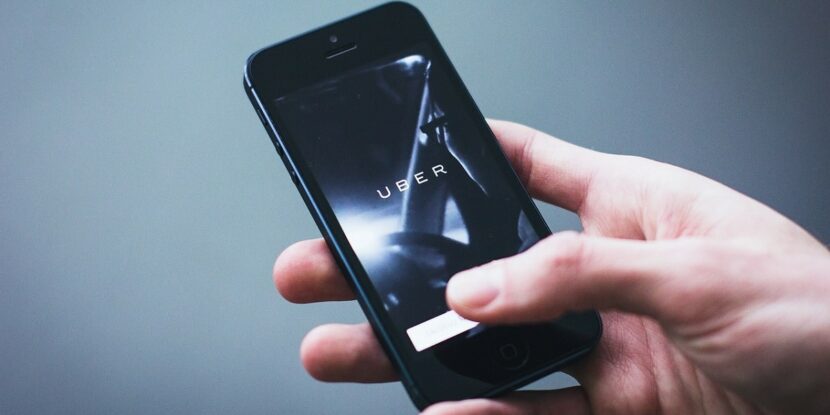As Washington, D.C. residents and commuters are well aware, the D.C. Metro system is nothing short of a national disgrace. It is plainly embarrassing that a country built on free enterprise and housing the most productive workers in the entire world could, right in its capital city, possess such a disastrous, government-run transportation network.
The D.C. subway system is a hot mess. Literally. It catches on fire all the time.
Andrew Wilford outlined D.C.’s Metro problems in a recent column in The American Spectator:
Metro is a disaster. Residents of the D.C. area have developed a sense of camaraderie around being subjected to the same delays, “single-tracking,” and fare increases for years. Chronicling WMATA’s failures has become a city tradition, with the most dedicated hashtag being known, fittingly, as “Unsuck DC Metro.” There is even a website dedicated to informing visitors whether or not the Metro is on fire — too often, visitors are met with a morose “I’m afraid so” or “unfortunately.”
The statistics bear out D.C. residents’ anti-Metro sentiment. In 2016, just 70 percent of rail trips arrived on time. After nearly two years of “SafeTrack,” WMATA’s effort to catch up on badly needed track maintenance through fare increases and track section shutdowns, D.C. residents are still waiting for improvement. A review of a 16-day shutdown of a critical juncture where three lines meet in 2016 found that the stretch still fell below acceptable conditions. For years, the tale from those responsible for its failures has been the same: WMATA claims it needs more tax and fare revenue, then fails to solve the systematic issues plaguing the transit system when it receives the funding.
As a result of these problems, D.C. Metro’s rail ridership now has 135,000 fewer weekday trips than it’s 2009 peaks — even though the city’s population has increased by roughly 200,000 residents since then. Clearly with its constant delays, track shutdowns, and fare hikes, the D.C. Metro is not providing for the needs of its customers. And what happens in a free market when an industry fails to meet the needs of its customers?
Competition opens up. Enter Uber.
Uber’s pool pricing offers consumers the option to hitch a ride across the city for roughly the same cost as a Metro trip. Occasionally, Uber even offers competitive flat rate pricing that allows consumers to lock in a daily fare for their work commute for up to a month.
It is no exaggeration to say that Uber has boomed in D.C. as a direct result of the city’s failure to operate a decent public transportation system — so what does the government do in response? Instead of fixing its broken public subway system, it’s punishing residents for finding an escape hatch. D.C. Mayor Muriel Bowser has called for a significant tax hike on Uber rides.
As Wilford noted:
Mayor Muriel Bowser recently proposed a nearly 400 percent tax increase on ridesharing services, increasing the fee that users pay from 1 percent to 4.75 percent. This would increase the tax on a $10 trip from ten cents to forty-seven cents.
Washington, D.C.’s metro system is an embarrassment — but the city’s government is a bigger one.
Instead of looking for bold, new solutions to make Metro competitive again (like privatizing it), D.C. plans to punish Uber and its passengers for using an alternative product. While D.C.’s government claims the tax hike will fund improvements for Metro, this is simply another case of government throwing good money after bad. Consumers like me have shunned Metro in favor of Uber, and now the city wants to make us pay for its failing subway system anyway.
It’s like the Hotel California — you can check out any time you like, but you can never leave.


